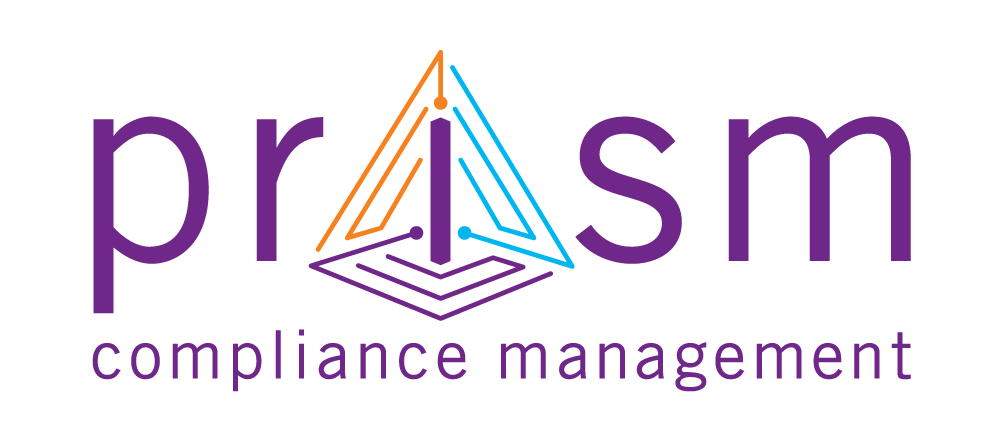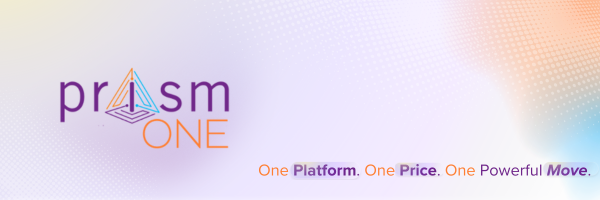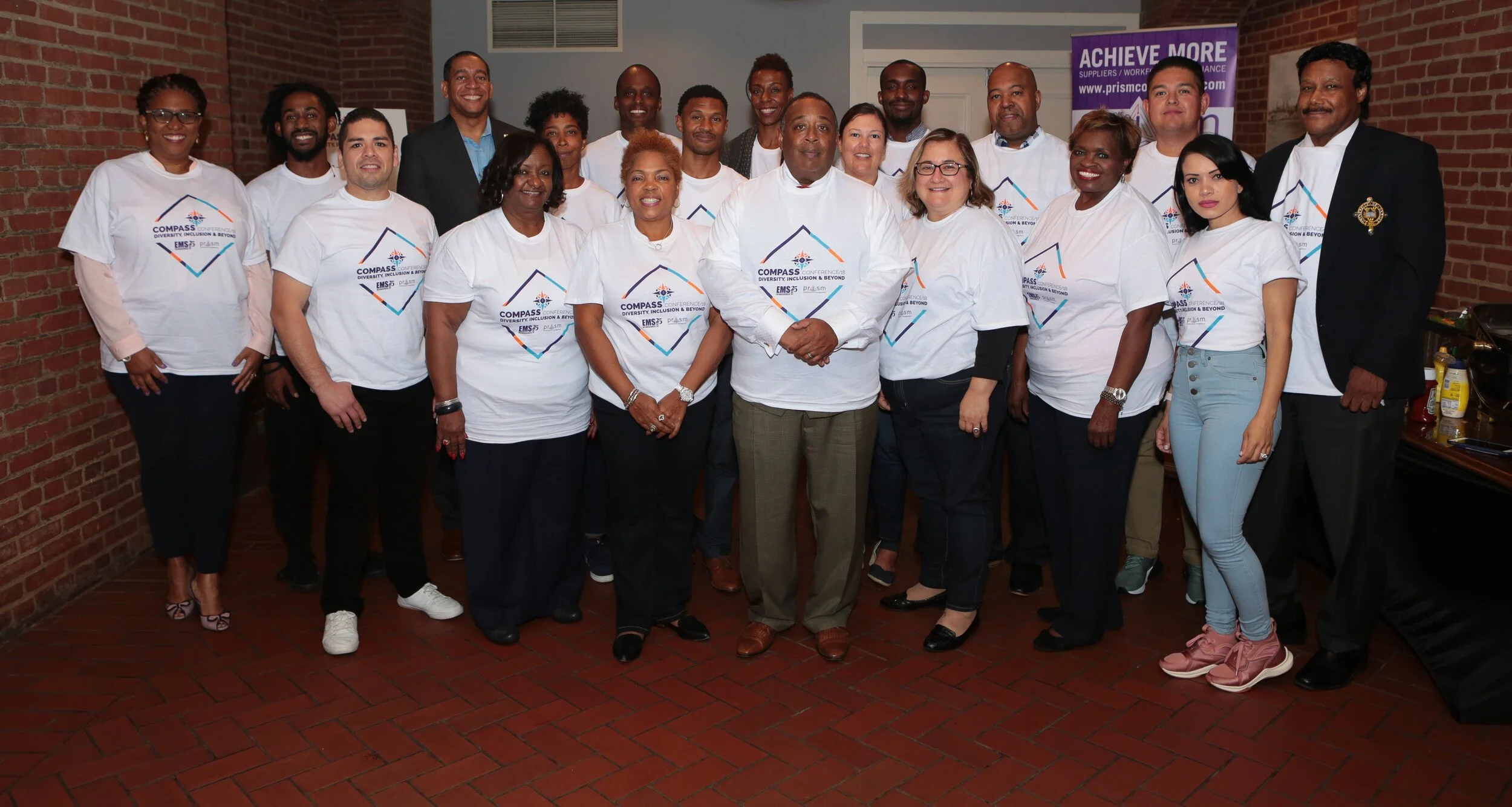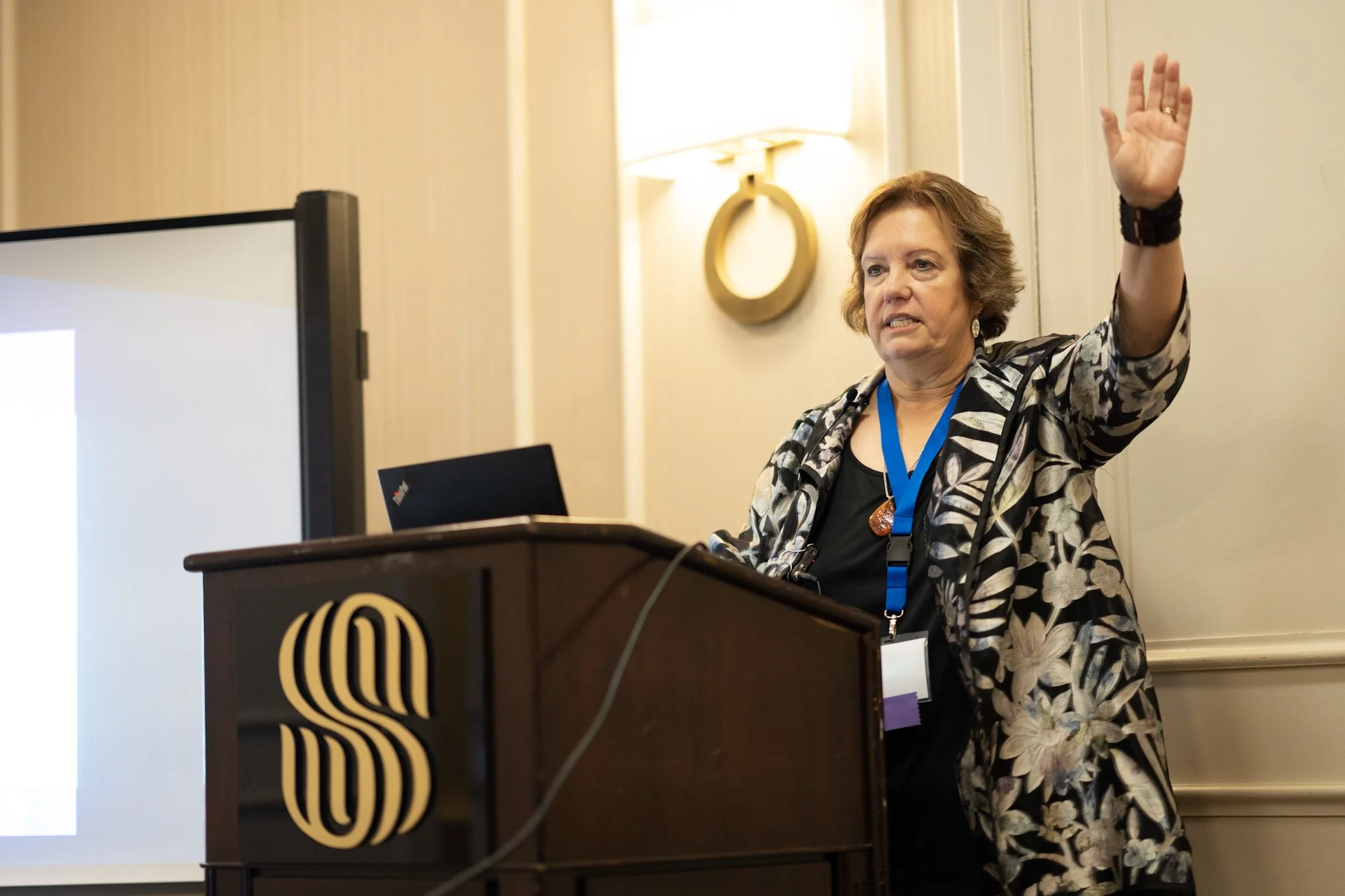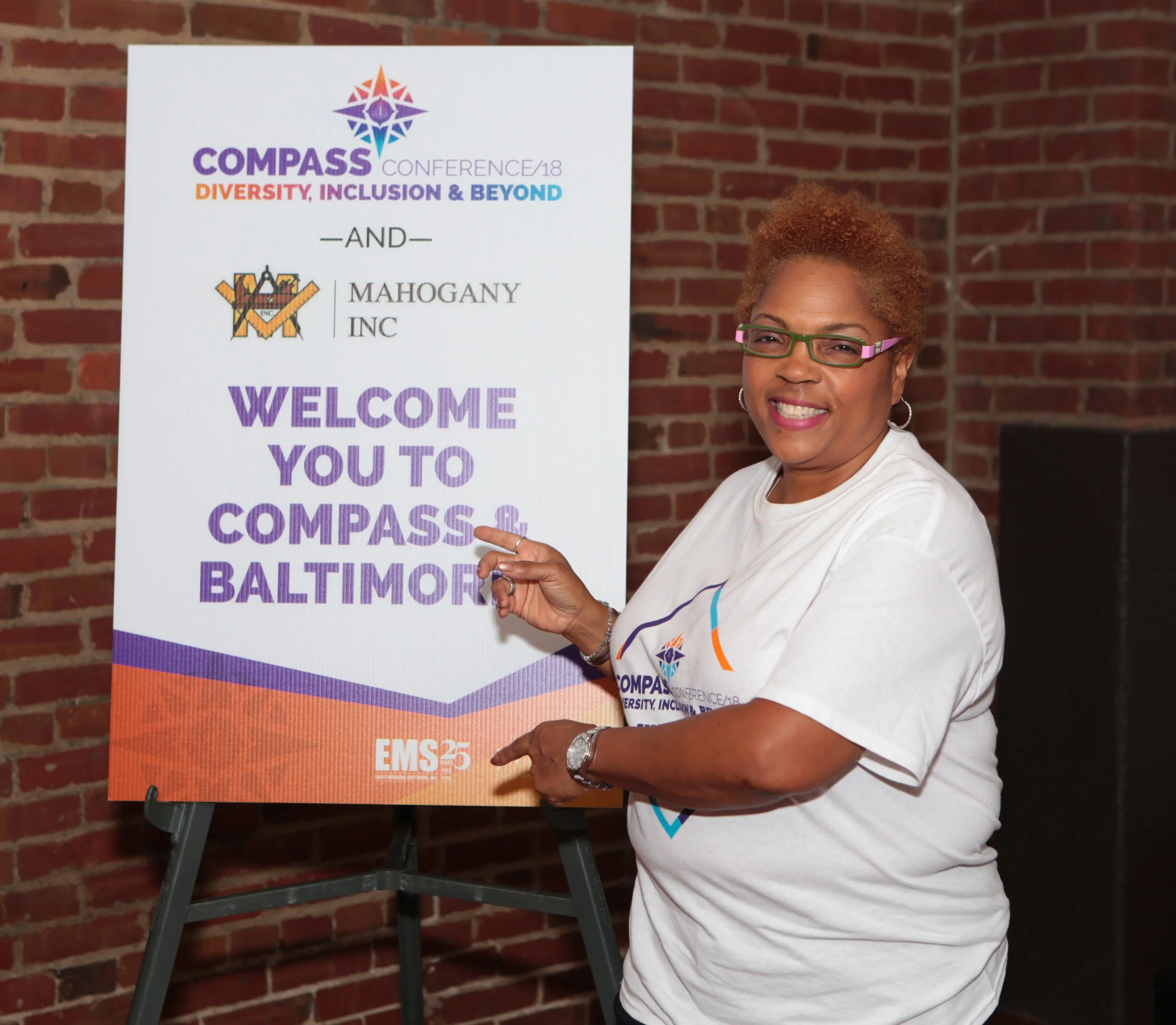Small business programs are evolving. In 2026, organizations responsible for small business inclusion, supplier diversity, and regulatory oversight face increasing pressure to demonstrate transparency, accountability, and measurable impact, while managing growing participation and limited internal resources and budgets.
For compliance and inclusion leaders, spreadsheets and disconnected systems are no longer sufficient. Managing certifications, eligibility, documentation, reporting, and ongoing compliance across multiple small businesses requires a centralized, scalable solution.
PRISM One was built to meet this need.
The Growing Compliance Burden for Small Business Programs
Small business inclusion programs play a critical role in expanding access, equity, and opportunity, but they also introduce complex compliance responsibilities.
Program administrators are often responsible for:
Verifying and tracking small business eligibility and certifications
Monitoring ongoing compliance requirements
Maintaining accurate documentation and audit trails
Reporting outcomes to leadership, regulators, and stakeholders
Without a dedicated compliance management platform, these tasks become time-consuming, error-prone, and difficult to scale, especially as programs grow.
Introducing PRISM One: Compliance Management Built for Small Business Inclusion
PRISM One is a limited time offer of our All-in-One compliance management platform designed specifically for organizations overseeing small business programs with budget constraints.
It centralizes compliance tracking, documentation management, monitoring, and reporting into a single system, providing program leaders with real-time visibility and control.
With PRISM One, inclusion and compliance teams gain:
A centralized dashboard for program oversight
Automated tracking of requirements, certifications, and deadlines
Secure documentation management with clear audit trails
Consistent, standardized processes across all participating businesses
Price Guarantee with no escalation
This unified approach reduces risk while improving operational efficiency.
Why Centralized Compliance Management Matters for Inclusion Programs
Small business inclusion programs require consistency and accountability. Fragmented systems make it difficult to ensure fair, compliant, and transparent program administration.
A centralized compliance management platform enables organizations to:
Reduce compliance gaps and inconsistencies
Strengthen audit readiness and reporting accuracy
Support equitable treatment across all program participants
Demonstrate measurable program impact
PRISM One helps leaders move from reactive issue resolution to proactive compliance management.
Designed for Program Leaders and Small Business Participants
PRISM One was built with both program administrators and small businesses in mind.
For compliance and inclusion leaders, the platform simplifies oversight, reporting, and risk management while keeping price sensitivity as a prior.
By aligning program governance with user-friendly processes, PRISM One supports stronger engagement on both sides.
Compliance becomes an enabler of inclusion, not a barrier.
Welcome to 2026: A Smarter and More Cost Efficient Way to Manage Small Business Compliance
In 2026, small business inclusion programs require more than good intentions, they require strong compliance management systems that deliver.
As organizations prepare for 2026, PRISM One offers a smarter path forward, one that allows you to maximize your budget without sacrificing impact. Designed to consolidate tools, streamline compliance, and expand access to opportunity, PRISM One helps you do more with less by delivering greater value at a more affordable cost.
Take advantage of this limited time offer today, speak with a PRISM Professional to see how you can move your organization forward.
Welcome to 2026. Welcome to PRISM One.
Request A Demo Today and Find Out More
